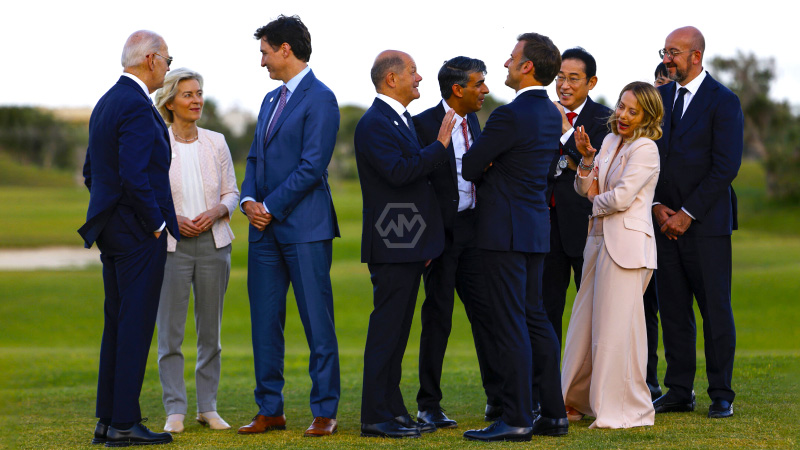- The UK has educated 58 world leaders, trailing behind the US’s 70.
- This marks the largest gap recorded since the index began, reflecting a downward trend.
- The US experienced its most significant one-year increase in educated leaders, growing by five.
The 2024 Hepi Soft-Power Index highlights a notable decline in the UK’s global educational influence, with the US now leading in the number of world leaders educated abroad.
The UK has produced 58 leaders, compared to the US’s 70, marking a shift in soft power dynamics. This year’s results indicate a concerning trend for the UK, which previously led the index in 2017.
The Changing Landscape of Global Leadership Education
Nick Hillman, the Hepi director, noted that this slip in position is becoming a consistent pattern rather than a temporary blip. The index only counts leaders who were educated outside their own countries, which means that domestic figures like King Charles and Prime Minister Keir Starmer are not included in the UK’s numbers. The increase in US-educated leaders reflects a growing preference for American institutions among global decision-makers.
This trend raises concerns about the UK’s international educational appeal. Once at the forefront in 2017, when it had more world leaders educated than the US, the UK’s position has steadily declined. Notably, the inclusion criteria exclude leaders educated in their home countries, which impacts the count of UK-educated leaders, as prominent figures like King Charles are not accounted for.
France comes in third with 28 educated leaders, while countries like Australia, Belgium, and Spain have also contributed to the pool of internationally educated leaders. The rise of the US’s educational dominance signals a changing landscape where American institutions are increasingly favored by global leaders seeking higher education.
This growing preference for US institutions over UK ones could have lasting implications for the UK’s soft power. As the educational prestige of the US continues to attract a larger share of future world leaders, the UK may need to reassess its strategies to enhance its international appeal and retain its position in global education.
In conclusion, the 2024 Hepi Soft-Power Index reveals a critical challenge for the UK in maintaining its influence in global leadership education. With the US leading in this sphere, the UK must work strategically to reverse this trend and reinforce its standing as a premier destination for future world leaders.
“Almost 60 world leaders were educated in the UK—second only to the US.”



